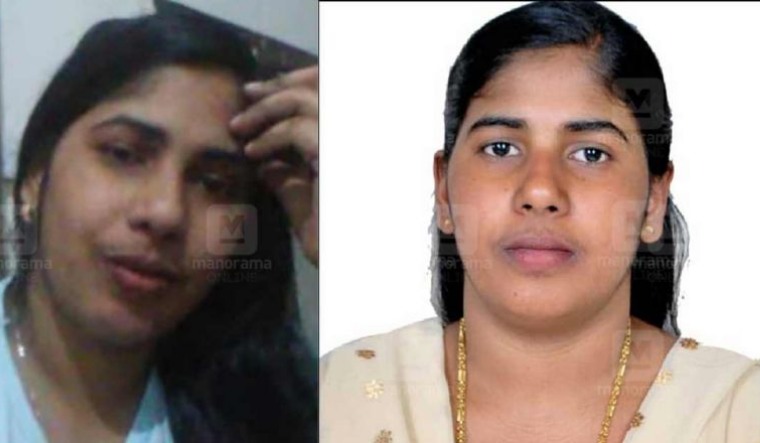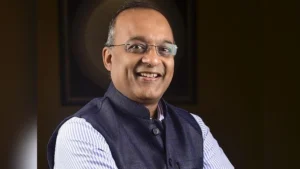Sensitive Matter, Offering All Assistance’: MEA’s Stand on Nimisha Priya’s Death Sentence in Yemen

The tragic case of Nimisha Priya, a Kerala-born nurse facing the death penalty in Yemen, has stirred international concern, igniting a storm of emotional debates, diplomatic conversations, and legal appeals. The Ministry of External Affairs (MEA), responding to rising pressure from activists, humanitarian bodies, and concerned citizens, recently broke its silence—calling the matter “highly sensitive” and reaffirming that India is providing all necessary assistance at every level.
Who is Nimisha Priya and What Happened?
Nimisha Priya had moved to Yemen to work as a nurse years ago. There, she entered into a troubled marriage with a Yemeni national, Talal Abdo Mahdi. According to reports, Priya faced harassment and abuse, prompting her to take drastic steps to regain custody of her daughter. In a tragic turn of events in 2017, she was convicted of murdering her husband by allegedly injecting sedatives that led to his death.
Since then, she has been imprisoned in Sanaa, the Yemeni capital, under the de facto control of the Houthi regime. In accordance with Yemeni law based on Islamic Sharia, she was sentenced to death by execution, under the doctrine of Qisas—the law of equal retaliation, wherein the victim’s family can demand execution, or pardon in exchange for blood money (Diya).

India’s Diplomatic Push: MEA’s Statement and Steps
In an official statement, MEA spokesperson Randhir Jaiswal described the case as very sensitive, confirming that India has:
Provided legal assistance to Nimisha Priya.
Maintained consular access and support.
Engaged with friendly governments in the region to aid diplomatic negotiations.
Worked actively to find a “mutually agreeable solution” with the Yemeni authorities and the victim’s family.
MEA’s strategy involves both direct diplomatic outreach and religious mediation through respected clerics and community leaders in the Arab world. It’s also coordinating with the Indian diaspora, Yemeni lawyers, and international human rights advocates to explore legal and humanitarian avenues.
A Glimmer of Hope: Execution Postponed
In a critical development, Yemen authorities postponed the execution, which was initially scheduled for July 16, 2025. This temporary stay came after increased pressure from Indian diplomatic channels and intervention by Islamic scholars, including Grand Mufti Kanthapuram A P Aboobacker Musliyar and Sheikh Habib Umar bin Hafiz, who have engaged in emotional pleas with the victim’s family.
While the MEA did not directly credit these clerics, sources suggest that such mediation played a role in delaying the execution—offering a brief but crucial window to negotiate a pardon deal.
The Main Roadblock: Victim’s Family Refuses to Forgive
Despite India’s multiple efforts, the family of Talal Abdo Mahdi has remained adamant in demanding Qisas, rejecting all offers of blood money or clemency. The victim’s brother, Abdul Salam Mahdi, recently told the press:
We want justice for our brother. No amount of money can replace him. We do not forgive the killer.
This has become the biggest obstacle to resolving the issue. Under Yemeni law, even if the government or foreign powers intervene, the final decision rests with the victim’s family.
Emotional Pleas and Public Campaigns
Back home, several humanitarian campaigns have been launched to save Nimisha Priya. Her mother has appealed to the Indian President and Prime Minister. Activists and lawyers in India and the Gulf are fundraising to offer blood money if needed. A Delhi-based committee and international human rights bodies have also stepped in, advocating for a compassionate review of her case and emphasizing her history of domestic abuse.
The emotional core of this issue lies with Nimisha’s young daughter, currently in India, who is at risk of losing her mother forever. This tragic human story has mobilized thousands to sign petitions, protest, and amplify her plea for mercy.

What Lies Ahead?
With the execution paused, a small window of opportunity has opened. The Indian government now faces the challenge of convincing the victim’s family—either directly or through regional intermediaries. At the same time, it must tread carefully through the complex geopolitical landscape of Yemen’s civil war, Houthi control, and Islamic law.
While diplomacy has managed to delay the inevitable, only empathy, forgiveness, and diplomatic finesse can now save Nimisha from the gallows. This case is not just a legal matter; it’s a test of humanity, compassion, and justice in a divided world.
Final Thoughts
The MEA’s stand that this is a “sensitive matter” is not just a diplomatic phrase—it reflects the legal, emotional, religious, and geopolitical complexity of the Nimisha Priya case. With the execution stayed, every minute now counts. The next steps India takes—and the compassion of those involved—will decide whether this mother gets a second chance at life or becomes another forgotten casualty of legal extremism and international silence.






